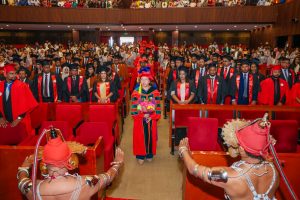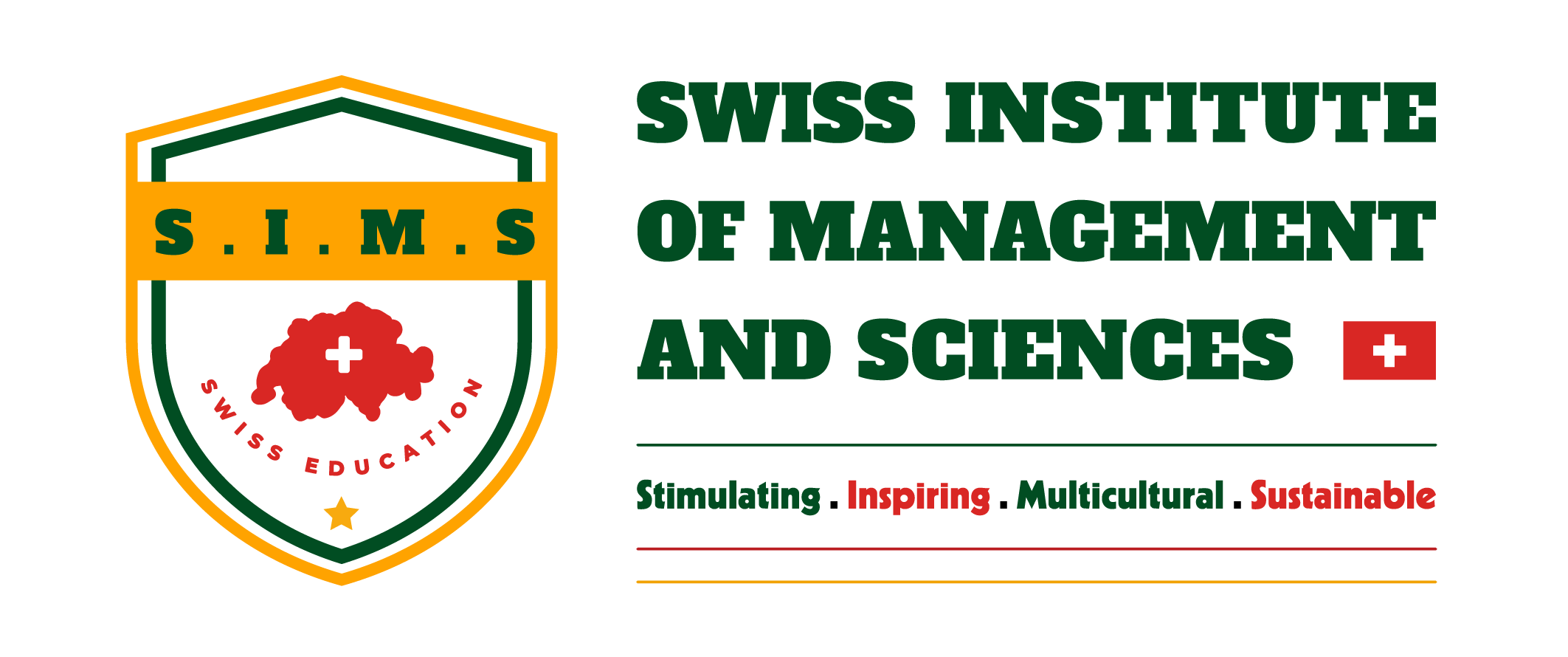
Have you ever wondered why Switzerland consistently ranks as one of the top countries in the world for education? Look no further than their renowned education system. From preschool to university, the Swiss have created a model of excellence that has garnered attention and praise from around the globe. Get ready to be inspired by the Swiss approach to education!
Overview of the Swiss Education System
The Swiss education system is world-renowned for its quality and excellence. It is a three-tiered system consisting of primary, secondary, and tertiary levels. Primary education is compulsory for all children aged 6 to 15. Secondary education lasts for four years and leads to the federal matura exams, which are required for admission to the university. Tertiary education includes both university and vocational studies.

Switzerland has one of the highest rates of educational attainment in the world. In 2015, 86% of 25-64-year-olds had completed upper secondary education, compared to the OECD average of 74%. Moreover, 34% of Swiss adults had completed tertiary education, compared to the OECD average of 26%.
The Swiss education system is highly decentralized, with responsibility for schooling shared between the federal government, cantons (states), and municipalities. This decentralization allows for considerable flexibility and tailoring of educational programs to meet local needs and preferences.
Switzerland’s educational institutions are also highly internationalized. In 2017, there were over 340,000 international students enrolled in Swiss universities, accounting for nearly 20% of all university students in the country.
Advantages of the Swiss Education System
The Swiss education system is often lauded as a model of excellence. And it’s no wonder why – the advantages of the Swiss education system are many. Here are just a few:
1. Flexible education system
A significant advantage of the Swiss education system is its flexibility. Students have various pathways available to them depending on their interests and career aspirations; this ensures that everyone receives an individualized learning experience tailored to their needs.
2. Equal opportunities for all students
The Swiss education system provides equal opportunities to all students regardless of their background or socioeconomic status. The curriculum is designed in such a way that every student can excel, and there are no limits on what they can achieve.
3. Practical training and hands-on experience
The Swiss education system places great emphasis on practical training and hands-on experience. Students get ample opportunities to apply theoretical knowledge in real-life situations, which prepares them well for future employment.
4. Encourages critical thinking and independent learning
The Swiss education system encourages critical thinking and independent learning. Rather than just memorizing facts and figures, students are encouraged to question ideas and think outside of the box.
Comparison to other National Education Systems
When it comes to education systems around the world, there are a variety of approaches that countries take. However, few have earned the reputation and recognition that Switzerland has for its system.
Compared to other national education systems, Switzerland stands out as having a unique approach that focuses on both academic excellence and vocational training. While some countries may prioritize one over the other, Swiss students have access to high-quality education in both areas. Additionally, Swiss schools tend to be smaller in size than those in many other countries. This allows for more individualized attention from teachers and creates a strong sense of community within each school.
Another key difference is the emphasis on multilingualism. In addition to learning their native language and English (which is widely taught throughout Europe), Swiss students are required to learn at least two additional languages. This not only helps prepare them for global citizenship but also offers valuable communication skills for future careers.
While every country has its own strengths and weaknesses when it comes to education, Switzerland’s system is certainly one worth studying as an example of what can be achieved with careful planning and investment.
About SIMS
SIMS is a highly regarded institution that specialises in offering world-class education to students from all over the globe.



